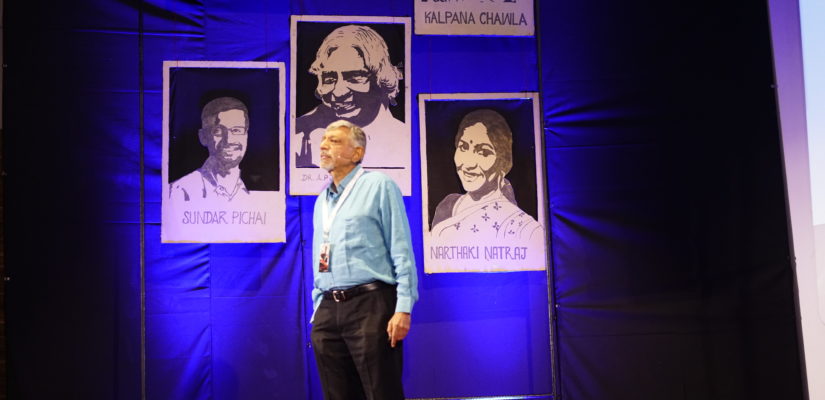
Praise the soldier in Kashmir (English Version) Rakshak News 12 Sept 19
http://www.rakshaknews.com/vishesh/kashmir-army-deserves-praise
Praise the soldier in Kashmir (English Version) Rakshak News 12 Sept 19
The success or failure in Kashmir, post the abrogation of Article 370 will depend on the common soldier and policeman, whether he is a jawan of the army, Central Armed Police Forces (CAPFs) or of the J and K police. He stands alone all through day and night, at select places in every city and locality, watching intently as locals go about their business, ready for any mischief or misbehaviour. He is armed, briefed and trained, expecting the unexpected, however his reactions to any incident may be human and could have a strategic impact.
He is far from his family, in an unknown environment, remains tense and ready and in many cases deployed alone or in small numbers. His connection with home is restricted due to the communication blackout and post his duty, he joins long queues waiting to use the few open landline connections to get inputs from home and convey his wellbeing. Tensions and problems from home impact him as much as they do to any local resident, yet he must push that behind him as he needs to remain alert and avoid a mistake, which could impact national image.
In case of any trouble he would have been given directions on how to act, however, his instinct and training would guide him and his reactions. One wrong step, including opening fire early causing unwarranted casualties could lead to an incident which could be internationally exploited. Delay in acting could lead to him becoming a casualty, which no one would desire and could anger the nation.
While the CAPF and J and K police personnel remain on alert in cities and villages, the army is involved in reacting to inputs on move of militants. With no mobile connectivity, flow of information has reduced to a trickle, hence encounters are lesser. Inducted terrorists would have been briefed to lie low for the moment as the threat of FATF looms on Pak.
With Pak increasing infiltration attempts, troops on the border are alert and prepared. They expect Pak’s violation of ceasefire at any moment and possibly even actions of BAT (Border Action Teams). They have a slight advantage that whatever action they take is against Pak and its proxies, hence there would be no international repercussions, since locals are not involved. Simultaneously, they are aware of their responsibilities, laxity on their part could lead to successful infiltration, which could enhance problems within the country.
While the army soldier may have been deployed in Kashmir for a longer duration than his CAPF counterpart, his problems of connectivity with his family are similar. The comfort of using a mobile to connect with home, essential in the present era, is now unavailable, and he too must bank on limited landline connectivity.
For those local Kashmiri’s, influenced by the Hurriyat and Pak propaganda, any soldier deployed is an enemy, whom they would target with any resource in hand. For those Kashmiri’s seeking peace and development, the same solider is a blessing, as violence levels have reduced, and the valley is presently more secure than most Indian cities. For the soldier on duty, differentiating one variety from the other is difficult. His level of alertness can never reduce.
For the hierarchy in the army, CAPFs and J and K police, the period is tense. They are aware that any error by their soldiers could change the quiet environment in the valley to one of violence, exploited by Pak for its own agenda. They must be on the move, briefing soldiers, ensuring their level of alertness remains, while at the same time making sure that soldiers understand and do not commit an error. This also implies them ensuring soldiers remain in contact with home and are not impacted by domestic problems.
The government has acted and taken its decision. Civil servants would push the government agenda. However, the biggest task remains that of the soldier deployed across the region. On his shoulder rests the responsibility of ensuring that nothing untoward happens and if it does, he acts within the law and with minimum force. An error on his part could impact the nation negatively.
Till date, the soldier has delivered. He needs our support, understanding and confidence, as his job is the toughest in the most trying conditions. Kudo’s to the common soldier. May he continue to act as he has done till date and may he ensure peace returns to the valley at the earliest.